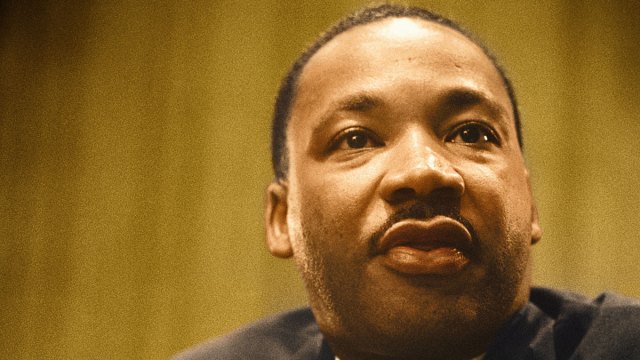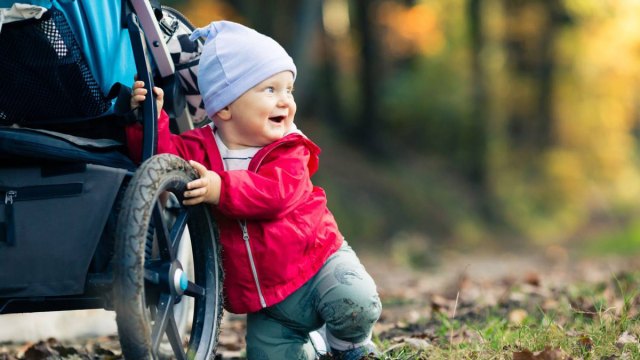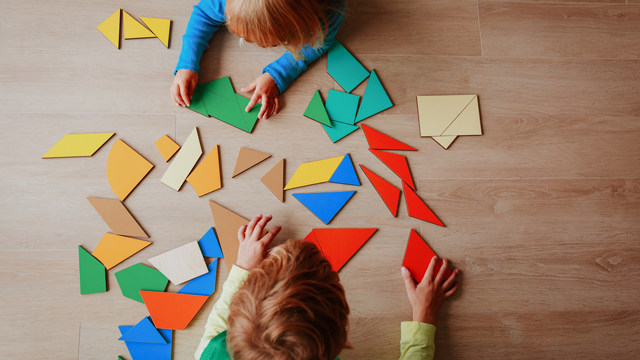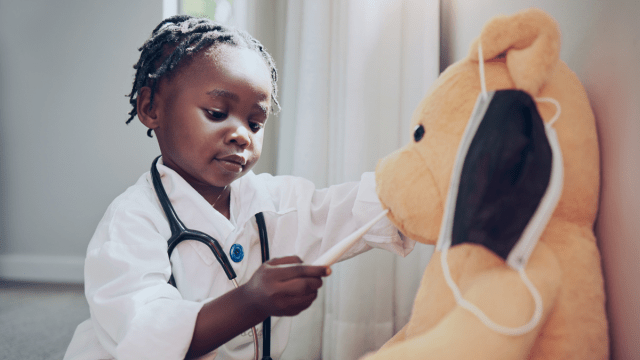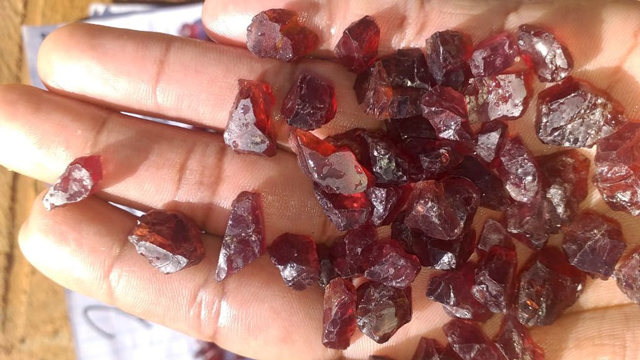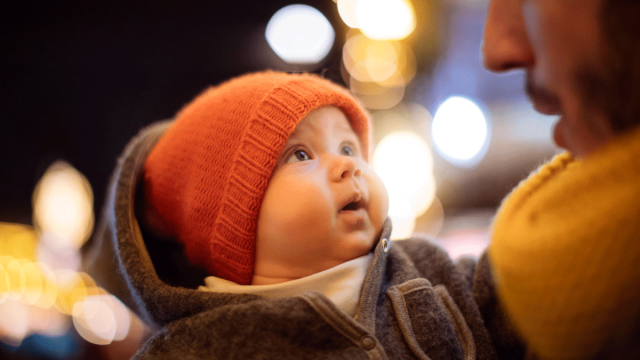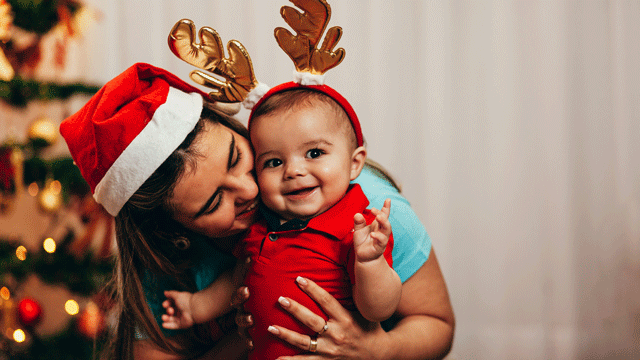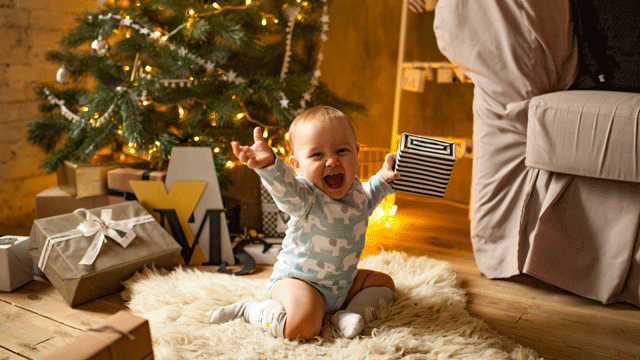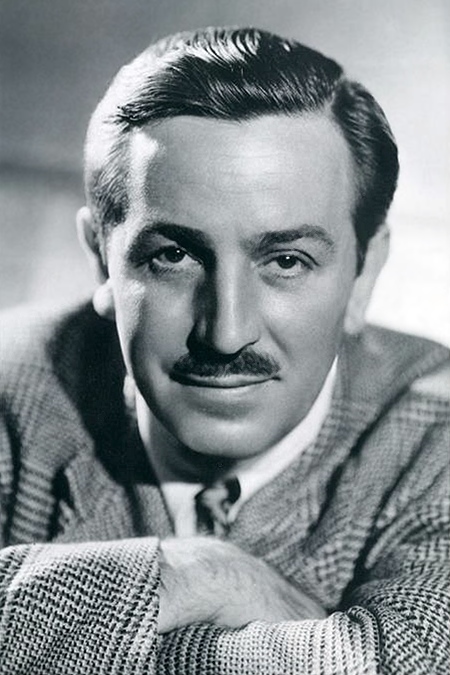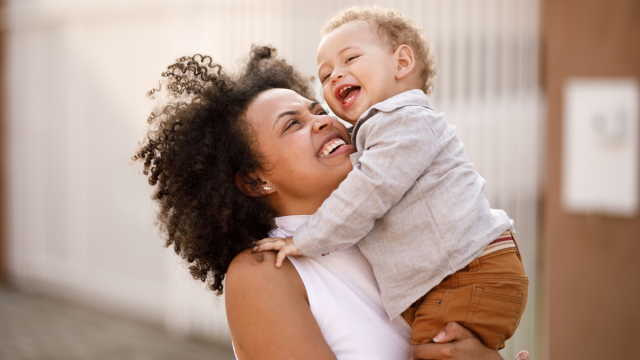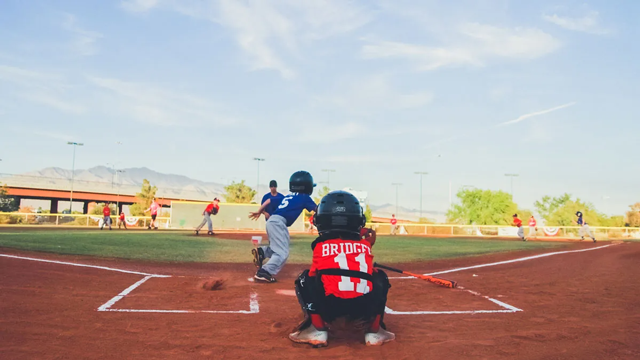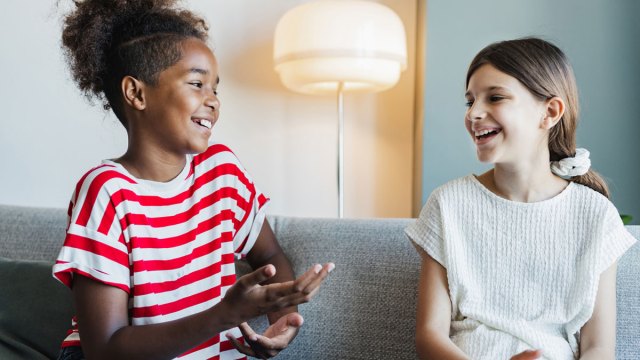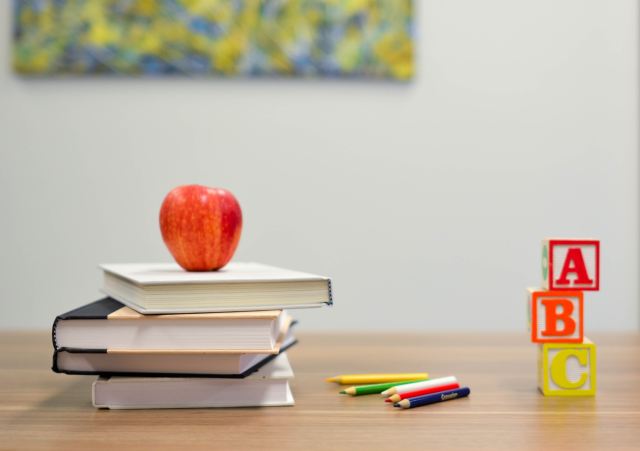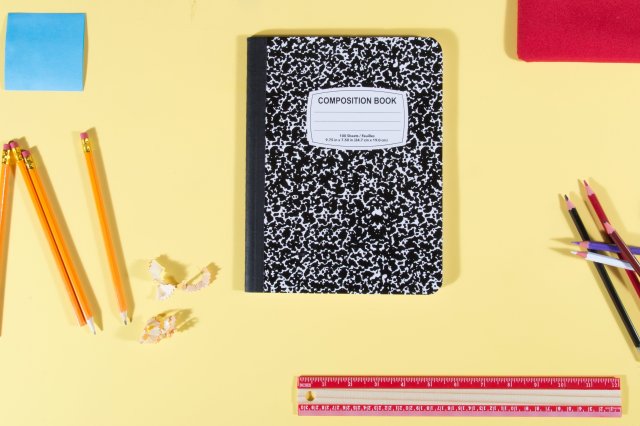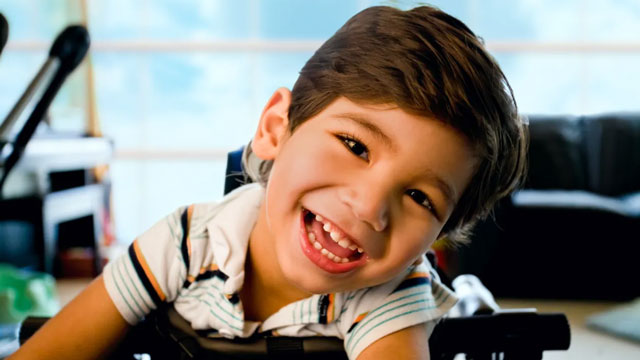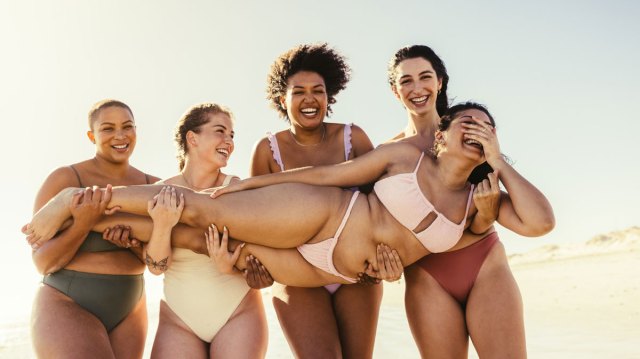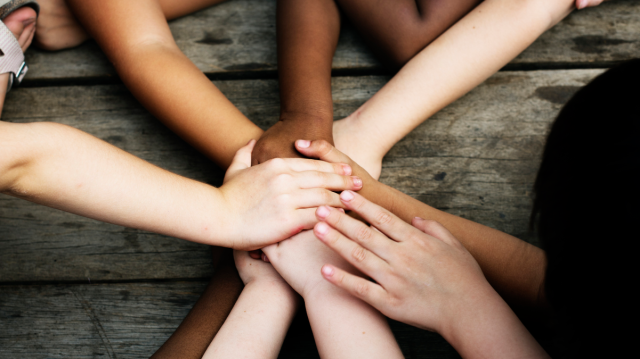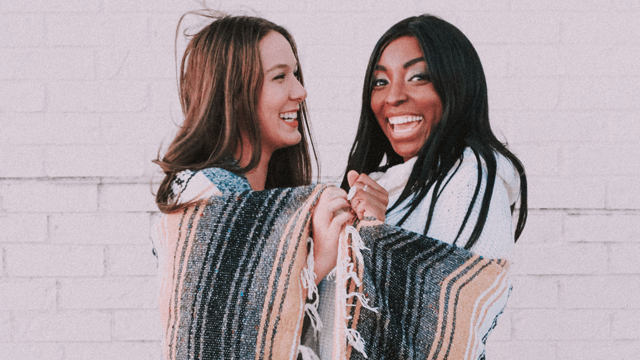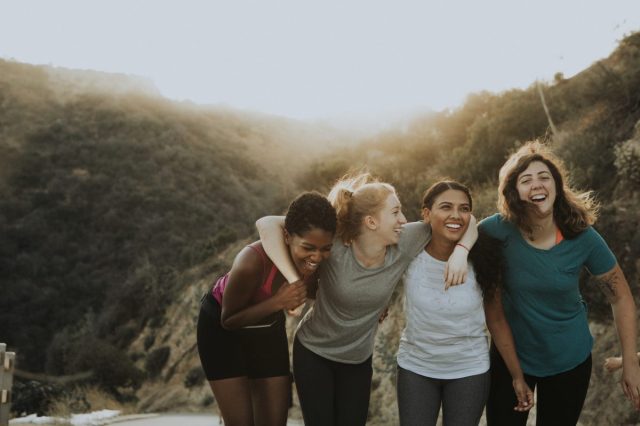Make sure your kiddos know that Martin Luther King Jr. Day is about more than a day off of school
Your little dreamers naturally understand the power and importance of having hopes and wishes, so learning facts about Dr. Martin Luther King Jr. and his “I Have a Dream” speech is a tactile way to help kids understand the significance of who MLK Jr. was. Help the kids learn more about this chief spokesman for nonviolent activism, civil rights, and the end of racial segregation.

1. Martin Luther King Jr. was born on Jan. 15, 1929. His birth name was Michael but was changed to Martin by his father (who also changed his name) in 1934 (after Martin Luther, the leader of the Protestant Reformation in the 1500s).
2. At 14 he won a contest with a speech about civil rights.
3. He started college when he was just 15.
4. He worked for a newspaper as one of his first jobs.
5. Stevie Wonder wrote his song "Happy Birthday" to help build on the campaign to make Martin Luther King Jr.'s birthday a national holiday. He asks a simple question throughout the song, “Why has there never been a holiday where peace is celebrated throughout the world? The time is overdue.”
6. According to the King Center, Martin Luther King, Jr. was jailed 30 times for charges such as civil disobedience.
7. MLK Jr. was awarded 20 honorary degrees.
8. Dr. Martin Luther King Jr. was instrumental in getting the Civil Rights Act of 1964 passed. This act outlawed discrimination based on race, color, religion, sex, or national origin. It made it illegal to segregate based on race in schools, the workplace, and public accommodations (or facilities that serve the general public including hospitals and libraries). It may be hard for your kiddos to believe that there was once a time when children could not drink from the same drinking fountain or use the same bathroom because of the color of their skin. MLK fought to end that.
9. He was awarded the Nobel Prize for Peace in April 1964.
10. Martin Luther King Jr. married Coretta Scott on June 18, 1953. The ceremony was performed by his father, Martin Luther King Sr. Coretta had the vow "to obey" removed from the vows, which was almost unheard of at the time.
11. MLK Jr. and his wife had four children: Martin Luther King III, Bernice King, Yolanda King, and Dexter King.
12. His "I Have a Dream" speech was not his first at the Lincoln Memorial. He gave a speech there on voting rights in 1957.
13. He survived an attempt on his life in 1958. He was stabbed with a letter opener by Izola Ware Curry. He underwent hours of emergency surgery. Surgeons said one sneeze could have punctured his aorta and killed him.
14. Martin Luther King Jr.'s mother was killed six years after his murder. She was shot while playing the organ at church.
15. One of the best ways kids can understand what he was all about is by listening to his famous "I Have a Dream" speech, which he made on Aug. 28, 1963. Kids of any age can listen and read along through this link.
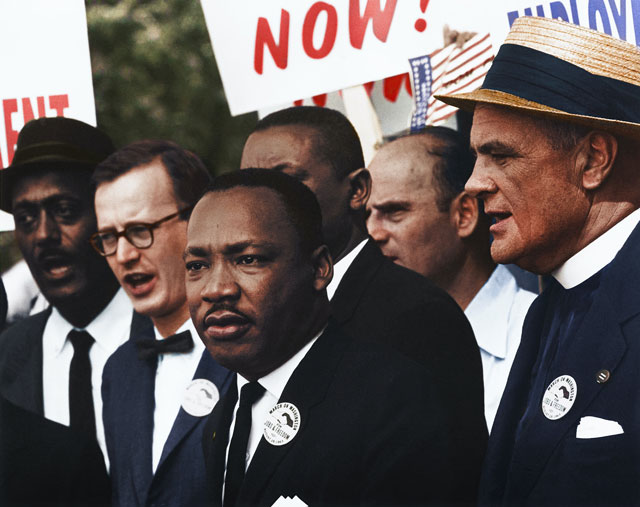
After listening to the speech, ask your kids a few questions to help them grasp the magnitude. Here are a few suggestions:
- What does it feel like to be excluded? Have you ever been excluded from something?
- What is a slave? What does it mean to be enslaved?
- What was the emancipation proclamation?
- What is something you can do to make others feel more included?
- Can you think of a time when you saw something wasn't right, and you spoke up?
- What does the word "community" mean to you?
- What do you love about your community?
- Is there one thing you can do each day to help others?
- What are the big things you'd like to change in the world?
- What is your big dream?
with additional reporting by Taylor Clifton
